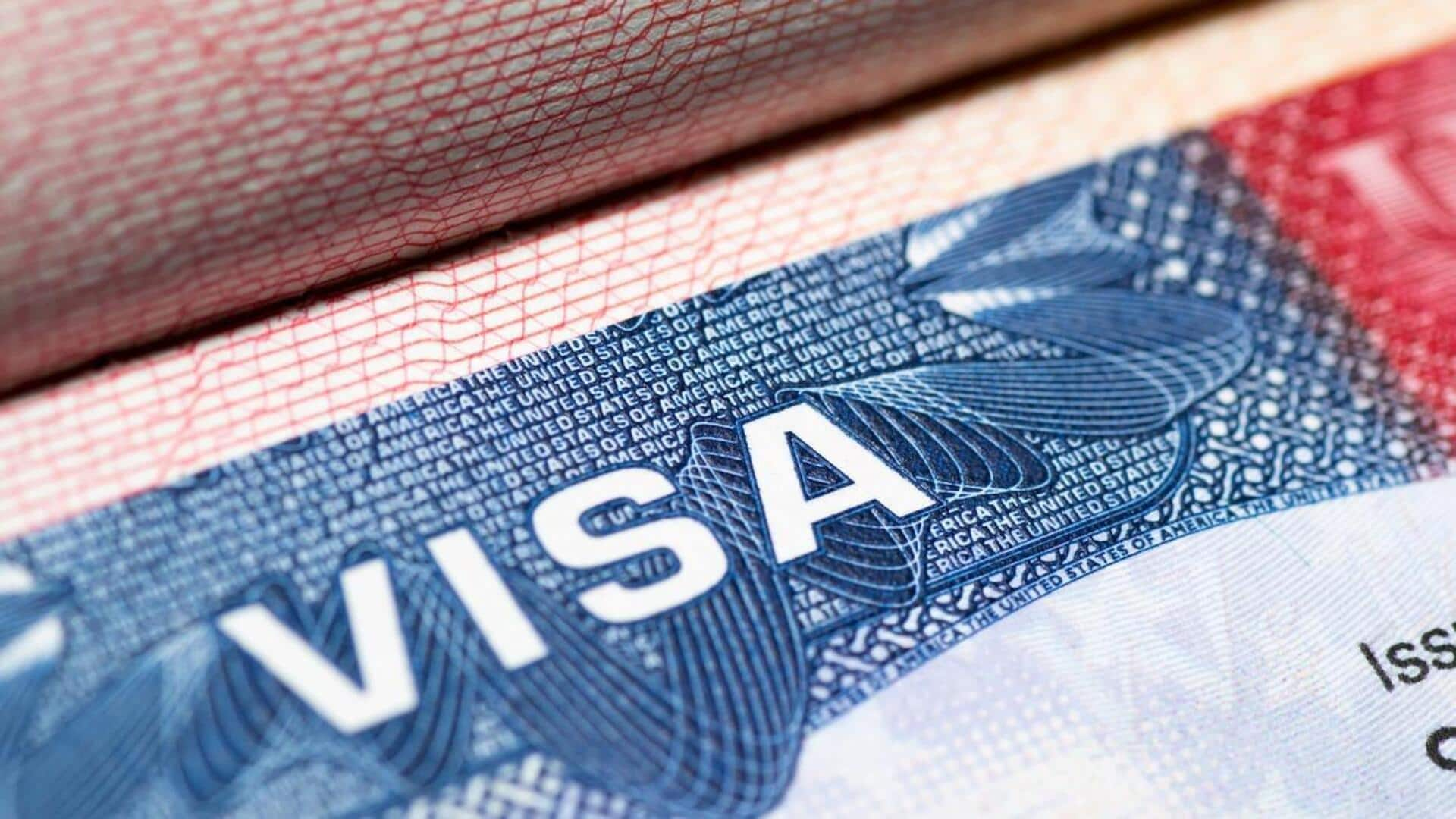
US revokes visas of Indian executives over fentanyl smuggling link
What's the story
The United States Embassy in New Delhi has revoked and denied visas to certain Indian business executives and their families. The decision was taken due to their alleged involvement in the trafficking of fentanyl precursors, a dangerous synthetic narcotic. "Stopping the flow of fentanyl, including its precursors, to the United States is one of our top priorities. We are grateful to our counterparts in the Government of India for their close cooperation to combat this shared challenge," the embassy said.
Visa scrutiny
Increased visa scrutiny for executives
The US Embassy has also warned that executives of companies accused of trafficking fentanyl precursors will be subject to increased visa scrutiny. Charge d'affaires Jorgan Andrews said, "Individuals and organizations involved in the illegal production and trafficking of drugs to the United States, along with their families, will face consequences that may include being denied access to the United States."
Trump
List of 23 nations
This move comes hours after President Donald Trump warned countries involved in rampant drug trafficking, with India being one of the 23 nations. In a "Presidential Determination" submitted to Congress, Trump stated that the "Major's List" identifies countries that are either primary sources or important transit locations for illicit drugs entering the US. The nations include Afghanistan, The Bahamas, Bolivia, Burma, China, Colombia, Costa Rica, the Dominican Republic, Ecuador, Guatemala, Haiti, Honduras, India, Jamaica, Mexico, Nicaragua, Pakistan, among others.
Action
Trump's warning
Trump cautioned that these countries, by producing or facilitating the circulation of illegal narcotics and precursor chemicals, endanger the safety of the United States and its residents. Singling out China, he labeled the country as the "world's largest source" of precursor chemicals used in fentanyl production. He claimed Beijing's reluctance to restrict the export of these compounds has fueled an increase in fentanyl trafficking through Mexico and into the United States.